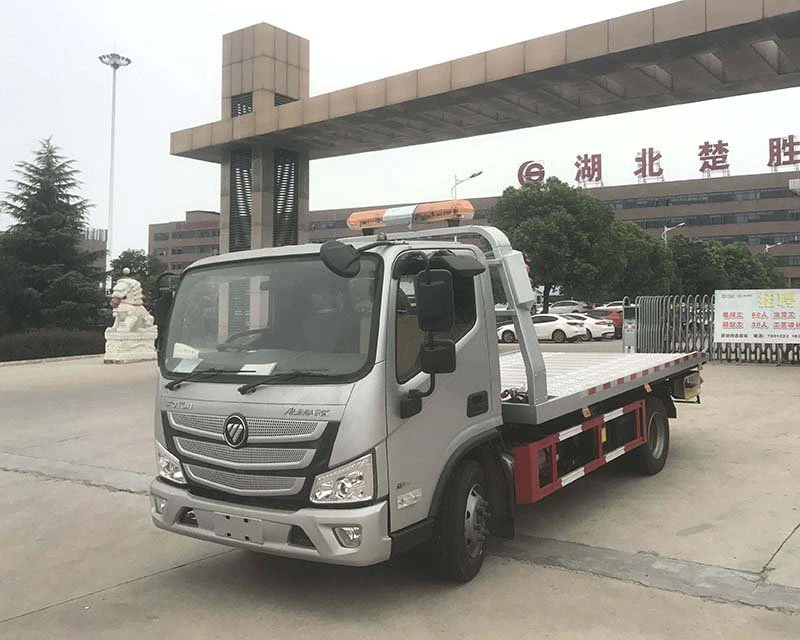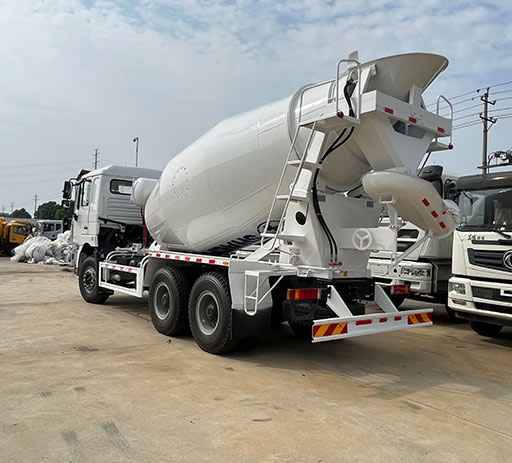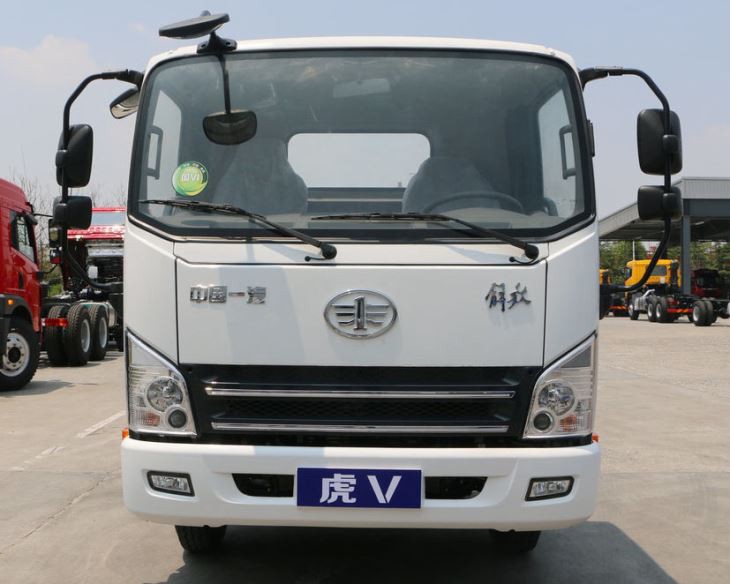Ultimate Guide to Finding the Perfect Trash Truck for Sale

If you are in the market for a trash truck, whether for commercial use, municipal purposes, or even individual needs, finding the right model can feel overwhelming. With various options available, understanding the different types of trash trucks, their features, and other considerations can help streamline your buying process. This comprehensive guide will explore everything you need to know about purchasing a trash truck for sale.
Understanding Trash Trucks
What is a Trash Truck?
A trash truck, also known as a garbage truck, refuse truck, or waste collection vehicle, is designed to transport waste materials from various locations to a waste disposal site. Their robust construction and specialized features make them ideal for handling heavy loads of refuse.
Types of Trash Trucks

Different types of trash trucks serve various purposes:
| Type of Truck | Description |
|---|---|
| Front Loader | Equipped with a front-loading system to collect trash bins from the front. |
| Rear Loader | Has a rear entry point for collection; ideal for small urban areas. |
| Side Loader | Collects waste from the side, often automated for efficiency. |
| Roll-off Truck | Designed for transporting large roll-off containers. |
| Compacting Truck | Includes mechanisms for compressing waste to maximize load capacity. |
Factors to Consider When Buying a Trash Truck
Budget
Establish your budget before starting your search. Trash trucks vary greatly in price, depending on their type, age, and condition. Set a budget that includes additional costs such as maintenance, fuel, and insurance.
New vs. Used Trucks
Deciding between a new and used trash truck is crucial. New trucks come with warranties and the latest technology but are more expensive. Used trucks can be more budget-friendly but may require more maintenance. Assess factors like age, mileage, and service history when considering a used model.
Truck Specifications
Check the specifications of the truck thoroughly. Key specifications include:
- Engine type and horsepower
- Payload capacity
- Overall dimensions
- Fuel type (diesel or gas)
Features and Capabilities
Modern trash trucks come equipped with features that enhance efficiency and safety. Consider the following:
- Automated collection systems
- Compacting mechanisms
- Driver assistance technologies (like backup cameras)
Where to Find Trash Trucks for Sale
Dealerships
Many dealerships specialize in commercial vehicles, including trash trucks. They often provide warranties and maintenance services, making them a reliable choice.
Online Marketplaces

Websites like eBay, Craigslist, and specialized vehicle sales platforms can be great places to find trash trucks for sale. Always ensure you check the seller’s reputation and get timely information about the vehicle’s condition.
Auctions
Government auctions and private auctions can offer excellent deals on used trash trucks. However, be sure to inspect the trucks beforehand, as these sales usually occur “as-is.”
Financing Your Trash Truck Purchase
Loan Options
Consider various financing options available for purchasing a trash truck:
- Traditional bank loans
- SBA loans
- Leasing versus buying
Credit Score Importance
Your credit score plays a significant role in financing options. A higher score can secure better interest rates on loans. It is advisable to check your credit report and take steps to improve your score if necessary before making a purchase.
Maintenance Tips for Trash Trucks
Regular Inspections
Perform regular inspections of your trash truck to catch potential issues early. This includes checking the brakes, tire condition, and the hydraulic system.
Scheduled Maintenance
Follow a scheduled maintenance plan, which should include oil changes, filter replacements, and checking seals and hoses.
Keeping the Truck Clean
Hygiene is paramount when operating a trash truck. Regularly clean the exterior and the interior compartments to prevent foul odors and promote longevity.
Common Issues with Trash Trucks
Mechanical Failures
Like any heavy machinery, trash trucks can suffer from mechanical issues. Common problems include:
- Hydraulic system failures
- Electrical issues
- Brake problems
Accidents and Damage
With their bulky design and heavy loads, trash trucks often face serious accidents. Having comprehensive insurance coverage can mitigate financial risks associated with accidents.
Practical Tips for Buying a Trash Truck
Research and Compare
Take the time to research different models, brands, and prices. Create a comparison chart to weigh the pros and cons of each truck you are interested in.
Seek Expert Opinions
Consult with mechanics or industry experts who can provide insights into the best trash trucks that match your specific requirements.
Negotiate the Price
Don’t hesitate to negotiate the price with the seller. Understanding the market price will give you leverage in discussions.
Frequently Asked Questions (FAQ)
What is the average cost of a trash truck?
The average cost of a new trash truck can range from $100,000 to $300,000, while used models can start as low as $20,000, depending on age and condition.
How do I know if a used trash truck is in good condition?
Check the maintenance history, conduct a thorough inspection, and, if possible, take it for a test drive. Look for signs of wear and tear, rust, or any fluid leaks.
What are the benefits of buying a new trash truck?
New trash trucks come with warranties, the latest technologies, and generally lower maintenance costs compared to used ones.
Can I finance a trash truck purchase?
Yes, many financial institutions offer loans for purchasing commercial vehicles, including trash trucks. Leasing is also an option.
How often should I maintain my trash truck?

Conduct inspections regularly and follow a routine maintenance schedule, typically every 3,000 miles or as recommended by the manufacturer.
Is it better to buy or lease a trash truck?
It depends on your situation. Buying offers ownership and long-term value, while leasing can reduce monthly costs and free up capital for other business needs.
